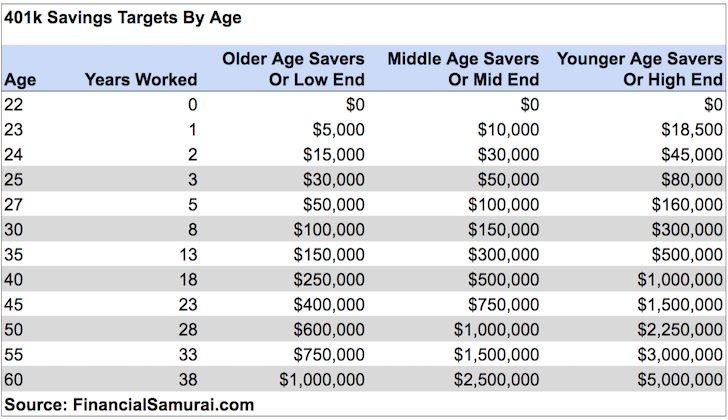In the financial arena where every dollar counts, investors and savers find themselves navigating a maze of options to make their money work harder. Two contenders emerge from the shadows: bonds, the seasoned veterans of investment portfolios, and high-yield savings accounts, the nimble newcomers promising attractive returns. Like strategic chess players, each option has its unique strengths and potential pitfalls, waiting to be decoded by the discerning saver. As economic landscapes shift and interest rates dance their unpredictable waltz, understanding the nuanced performance of these financial instruments becomes crucial.This exploration aims to shed light on the age-old question: which path will lead to more robust financial growth—the structured world of bonds or the accessible realm of high-yield savings? In today’s financial landscape, investors and savers are constantly seeking the most effective strategies to maximize their money’s potential. When comparing bonds and high-yield savings accounts, each option presents unique advantages and considerations that can significantly impact your financial growth.
Bonds represent debt instruments where investors lend money to governments or corporations in exchange for periodic interest payments and principal repayment at maturity. These financial products offer predictable income streams and typically provide higher returns compared to customary savings accounts. Corporate and government bonds range across different risk levels, allowing investors to select options aligned with their risk tolerance.
High-yield savings accounts, conversely, provide more liquidity and immediate accessibility. These accounts, offered by online banks and financial institutions, deliver higher interest rates than standard checking or savings accounts. The primary appeal lies in their adaptability, with no lock-in periods and the ability to withdraw funds without penalties.
Interest rates play a crucial role in determining potential returns.Bonds often generate more substantial yields, especially during periods of economic stability. Long-term government bonds can offer steady returns around 3-4%, while corporate bonds might range between 4-6% depending on the issuer’s creditworthiness.
High-yield savings accounts currently average around 3-5% annual percentage yield, making them competitive with some bond options. However,these rates can fluctuate based on Federal Reserve monetary policies and overall economic conditions.
Risk assessment becomes paramount when choosing between these investment vehicles. Bonds carry market risks,with potential value fluctuations based on interest rate changes. Some bonds might experience depreciation if interest rates rise, impacting their market value.High-yield savings accounts provide more stability, with FDIC insurance protecting funds up to $250,000.
Tax implications differ significantly between bonds and savings accounts. Municipal bonds often provide tax-exempt interest income, while savings account interest is typically fully taxable. Investors in higher tax brackets might find municipal bonds particularly attractive for their tax-efficient characteristics.Diversification remains key in any investment strategy. Complex investors often recommend allocating funds across multiple instruments rather than concentrating entirely on one option. Combining bonds and high-yield savings accounts can create a balanced approach that mitigates risks while maintaining potential growth.Ultimately, individual financial goals, risk tolerance, and current economic conditions will determine the most suitable choice. Consulting with a financial advisor can definitely help navigate these nuanced decisions, ensuring your savings strategy aligns with your long-term objectives.










